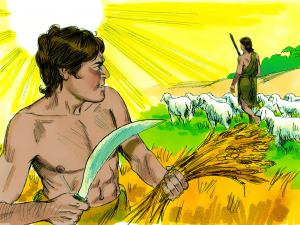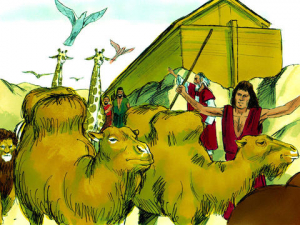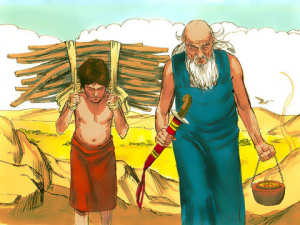Second Thoughts: Working Effectively and Efficiently
 By Thomas White, Student at Living Education-Charlotte
By Thomas White, Student at Living Education-Charlotte
“You know, God gives us a certain amount of time. … We all know that it’s a resource that, once it’s gone, you can’t get back.” ~ Mr. DeSimone
Students everywhere will tell you that there always seems to be just slightly too much to get done, and just slightly too little time in which to do it. This week’s assembly was focused on minimizing that problem, as Mr. Mike DeSimone related three fundamentals to working effectively and efficiently. The first, naturally, is time management, which is simply the process by which we do the best we can with the minutes we have, not wasting any of the time God has gifted to us. This involves consciously tracking our time, and actively considering how we spend it. If we rely solely on our memories, which are often almost as deceptive as our hearts, we will never have an accurate perception of how our time is truly spent. As Ephesians 5:15-16 instructs, “See then that you walk circumspectly, not as fools but as wise, redeeming the time, because the days are evil.” In order to “redeem” our time, we have to know what we are redeeming it from, and making the effort to record the length of our daily activities is a solid way to find this out.

“…I’ll work on both [tasks] at the same time…Or…get one done more effectively, more efficiently…then I’ll get done the second task…more effectively, more efficiently, more accurately.”
Proverbs 22:29 reads, “Do you see a man who excels in his work? He will stand before kings; he will not stand before unknown men.” An effective way to meet some unknown men, then, is to multitask, because multitasking is really only “switch-tasking,” and it’s both ineffective and inefficient. We can’t actually multitask; it’s an exceptionally rare person who can genuinely do two things at once. Most people who think that they’re multitasking are simply switching from one unfinished task to another, over and over, and spending very little time actually focusing on one objective. Switch-tasking only ensures that one is putting halfhearted effort into two things, and therefore taking twice as long to accomplish either one. I often find that while I might not be switch-tasking in a literal sense, I’m switch-tasking in my mind, mulling over an entirely unrelated problem or goal when I should be focused upon the task at hand. In what ways can we improve our focus, as students, employees, or even spiritual warriors, so that we may excel in our work?
“…getting rid of waste…getting rid of things you don’t need, and…bringing things in so that you can work most effectively. …really, it comes down to organization.”
Often, being productive leans pretty heavily upon being organized. Organization is not so much an inherent character trait as it is the putting into practice of what manufacturers call “Lean 5S”: Sort, Set (in order), Shine (clean), Standardize, and Sustain. Organizing a daunting task into ordered, manageable chunks can reduce mistakes, improve focus, and increase productivity by giving one the confidence to actually make progress. Even in our spiritual lives, sorting through individual problems we need to overcome can often yield more fruit than thinking, “I have to reach perfect purity, and I have to reach it yesterday.” We can all probably be more efficient and effective in everything we do, whether our tasks are physical or spiritual in nature, so it’s worth the effort to think about how we can better organize each part of the work set before us.

Books mentioned:
The Myth of Multitasking by Dave Crenshaw
The Effective Executive by Peter Drucker







